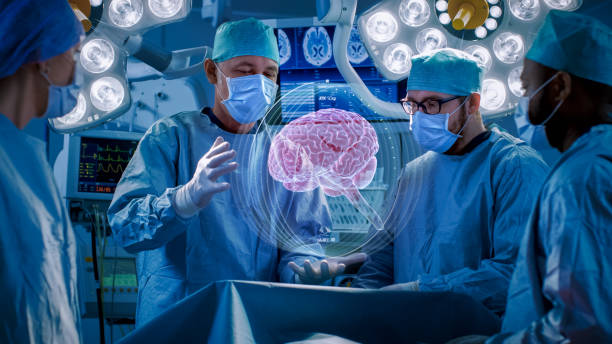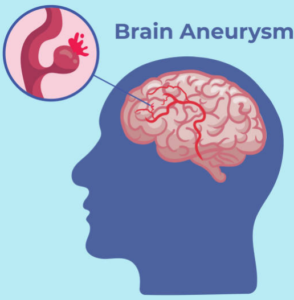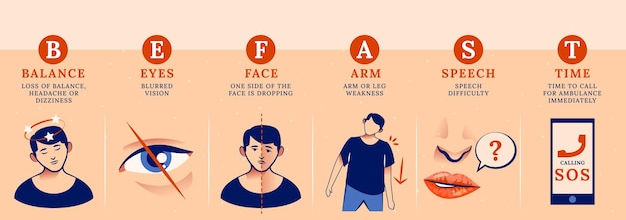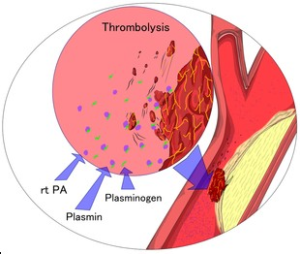
Neurovascular Surgeon in Hyderabad
In 2022, India performed 615 neurovascular embolization procedures.

Surgery now is rapidly advances with traditional, endovascular, and neurointerventional techniques.
 Are you or a loved one seeking expert care for neurovascular conditions? Look no further. Dr. Raveesh Sunkara, a distinguished neurovascular surgeon in Hyderabad, offers unparalleled expertise in treating complex neurovascular conditions.
Are you or a loved one seeking expert care for neurovascular conditions? Look no further. Dr. Raveesh Sunkara, a distinguished neurovascular surgeon in Hyderabad, offers unparalleled expertise in treating complex neurovascular conditions.
Neurovascular surgery demands a delicate balance of skill and empathy. Dr. Raveesh Sunkara is a seasoned neurosurgeon in Hyderabad. He specializes in managing various neurological ailments, including neurovascular issues. These include aneurysms, arteriovenous malformations and more.
Dr. Raveesh Sunkara is adept in intricate neurovascular surgeries. He provides comprehensive consultations and state-of-the-art treatments. Dr. Sunkara ensures the best possible outcomes for his patients’ neurological health and recovery. Trust your journey towards healing to a compassionate specialist committed to your well-being.
Empower your journey with Neurovascular Surgery!
Empower your journey with Neurovascular Surgery!
Overview of Neurovascular Surgery
Neurovascular surgery is a specialized branch of neurosurgery. It deals with the treatment of brain and spinal cord blood vessel conditions. It is crucial, as these conditions can lead to severe complications if left untreated. Did you know that around 10-15% of all strokes are caused by ruptured brain aneurysms? This surgery aims to restore blood flow to the brain, preventing further damage.
Technological advancements have made neurovascular surgery safer and more effective. This results in minimal invasiveness and quicker recovery times. It leads to remarkable improvements in patients’ quality of life. A skilled neuro vascular surgeon like Dr. Raveesh Sunkara can make all the difference in diagnosing and managing neurovascular conditions.

About Dr. Raveesh Sunkara: A Prominent Neurovascular Surgeon in Hyderabad
Dr. Raveesh Sunkara is a renowned expert in neurosurgery in Hyderabad. He is one of the best neurovascular surgeons in the city. His compassionate approach to treating complex neurovascular conditions has given him this recognition. You can trust his advanced surgical expertise and customized approach. It can help you lead through your medical journey with assurance and confidence.
Dr. Raveesh Sunkara stays updated with the latest advancements in the field. This ensures you receive the most effective and innovative treatments available. Dr. Sunkara provides exceptional care tailored to your needs. Trust his experience and dedication to help you achieve the best possible outcomes.

Treatment Offered by Dr. Raveesh Sunkara for Neurovascular Conditions
Dr. Raveesh Sunkara is among the top vascular neurosurgery doctors in Hyderabad. He offers effective treatments for neurovascular conditions. These involve various procedures that help restore blood flow and prevent further complications:
These treatments offer hope for patients dealing with neurovascular issues. They provide timely intervention and improve outcomes. If you or a loved one is facing such challenges, explore these advanced options with your neurovascular surgeon.
Recognizing the signs and symptoms of neurovascular conditions is crucial. Stay informed to prioritize your health.
Ready to take control of your vascular health?
Schedule an appointment with Dr Raveesh Sunkara today.
Ready to take control of your vascular health?
Schedule an appointment with Dr Raveesh Sunkara today.
Recognizing the signs and symptoms of neurovascular conditions is crucial. Stay informed to prioritize your health.
What are the Signs & Symptoms of Neurovascular Conditions?

Let’s know the risk factors associated with neurovascular conditions. It can help you take proactive steps toward prevention.
What are the Risk Factors of Neurovascular Conditions?

Concerned about neurovascular symptoms?
Consult Dr. Raveesh Sunkara for expert guidance.
Concerned about neurovascular symptoms?
Consult Dr. Raveesh Sunkara for expert guidance.
Frequently Asked Questions
Neurovascular surgeons treat a range of conditions, including:
-
- Cerebral aneurysms
- Arteriovenous malformations (AVMs)
- Strokes
- Carotid artery disease
Consult a neurovascular surgeon if you experience sudden or recurrent symptoms such as:
-
- Severe headaches
- Dizziness
- Vision changes
- Weakness
Neurovascular surgeons provide conventional and minimally invasive surgical treatments. These include endovascular coiling, stenting, and microsurgery procedures.
When selecting a neuro vascular surgeon, consider the following:
-
- Surgeon’s experience
- Expertise in treating your particular condition
- Patient reviews
In some cases, neurovascular conditions can lead to long-term complications such as:
-
- Cognitive deficits
- Motor impairments
- Seizures
Early diagnosis and appropriate treatment can help minimize the risk of complications.
Conditions like aneurysms are more common in older adults. Yet, neurovascular conditions can affect individuals of any age. This includes children and young adults.
Your neurovascular surgeon may recommend specific lifestyle changes to promote overall vascular health. These include quitting smoking, maintaining a healthy diet, and exercising regularly.



 Intra-arterial thrombolysis is a minimally invasive procedure. It involves delivering clot-busting medication into the affected blood vessel. This medication helps dissolve the clot and restore blood flow. It can improve blood flow to the brain, which is crucial in treating strokes.
Intra-arterial thrombolysis is a minimally invasive procedure. It involves delivering clot-busting medication into the affected blood vessel. This medication helps dissolve the clot and restore blood flow. It can improve blood flow to the brain, which is crucial in treating strokes.